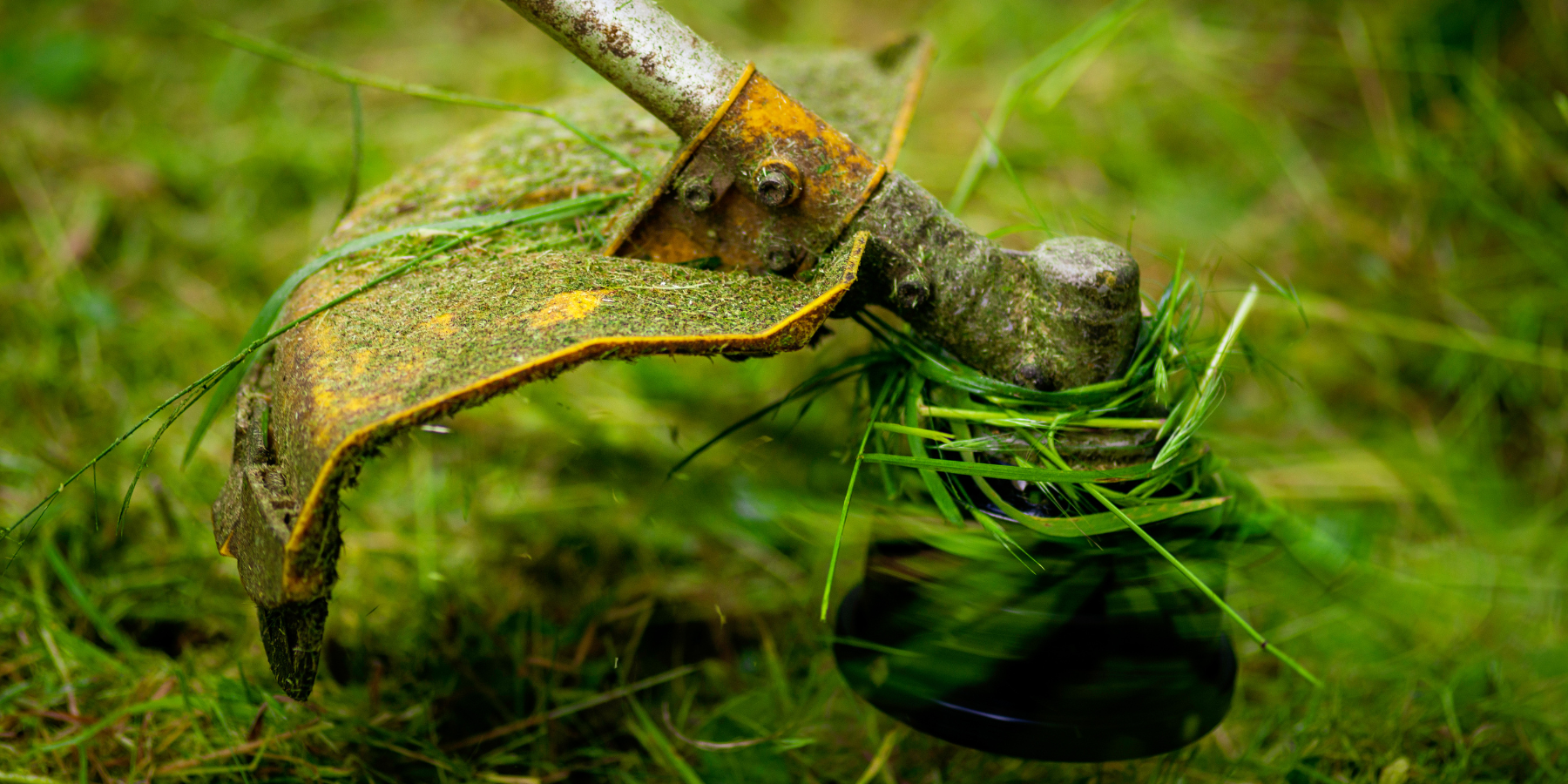It’s 10:30 on Sunday morning and for the last hour I’ve been listening to a combination of lawnmowers, hedge trimmers, jet washers and other power tools, driving me inside on a summer’s day. It makes me envy the “quiet hours” or “Ruhezeit” stipulated in some countries like Germany where it’s a legal requirement to keep noise levels down between certain times during the week, and all day on Sunday. But while I may think of this intrusion as being anti-social, this blog is not about my pet grievances, it’s about wildlife. So what about the impact of noise pollution from garden machinery and DIY tools on our wildlife?
While the focus is often on larger-scale noise pollution, such as traffic and industrial activity, the cumulative impact of everyday noise from our gardens can be significant. Research has shown that noise pollution can have a devastating effect on wildlife, from disrupting behaviour to causing physical harm.
This is not an issue unique to Bentley. Up and down the country, in towns and villages, people rev up their garden machinery with little consideration for their neighbours, let alone the wildlife that shares their space. While we strive for immaculate gardens, we’re inadvertently creating noisy habitats that are hostile to wildlife.
The Impact of Noise on Wildlife
Noise pollution can disrupt the delicate balance of nature in numerous ways:
- Disruption of Behaviour: Many animals rely on sound for survival. Whether it’s a bird’s song to attract a mate, a deer’s warning call, or a bat’s echolocation to navigate, noise can interfere with these vital communication channels. Constant background noise can mask these sounds, making it difficult for animals to interact and survive.
- Habitat Loss: Loud noise can force animals to abandon their preferred habitats, leading to population decline and habitat fragmentation. Studies have shown that birds, for example, are less likely to nest in noisy areas.
- Stress and Health: Chronic exposure to noise can cause stress in animals, leading to weakened immune systems, reduced reproductive success, and increased vulnerability to predators.
- Physical Harm: In extreme cases, high-decibel noise can cause physical damage to animals, such as hearing loss.
The Role of Power Tools
Our gardens can be havens for wildlife, but often they become noisy battlegrounds. Power tools generate noise levels that can reach well over 80 decibels, which is comparable to the sound of heavy traffic. This noise can have a significant impact on garden wildlife, such as hedgehogs, birds, and insects.
Of course not many of us want to return to an age of manual mowers, there are steps we can take to minimise the impact of our gardening activities on wildlife.
- Be mindful of timing: Avoid using noisy tools during sensitive periods for wildlife, such as early morning,evening, and breeding seasons.
- Choose quieter tools: Opt for electric or battery-powered tools over petrol-powered ones when possible. These are generally quieter and produce fewer harmful emissions.
- Maintain your tools: Well-maintained tools are often quieter than those in poor condition. Regular servicing can help reduce noise levels.
- Create wildlife-friendly zones: If you have a large enough plot, designate specific areas of your garden as wildlife havens, free from noise and disturbance.
- Respect wildlife: Be aware of your surroundings and avoid startling wildlife with sudden loud noises.
- Consider alternatives: Explore manual or hand-powered gardening tools for lighter tasks.
By following these guidelines, we can help to create a more harmonious environment for both ourselves and the wildlife that shares our gardens.
More controversially, what about signing up to a voluntary “quiet time” in Bentley where the community agrees to limit noisy garden activities to specific hours, or avoid it on a Sunday, creating peaceful refuges for wildlife and humans?
Allowing your garden to become a little messier can also benefit wildlife by increasing habitat and potential food sources, and also give you a weekend off from the drudgery of endless mowing and strimming!

